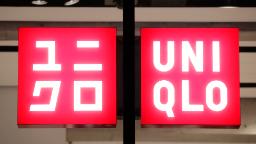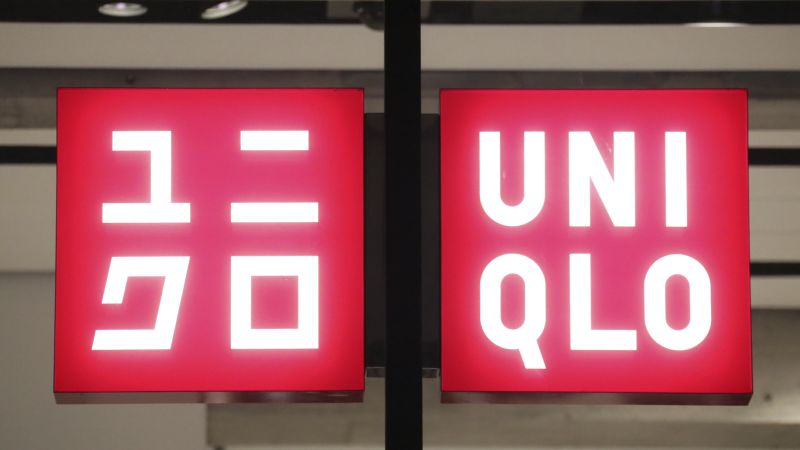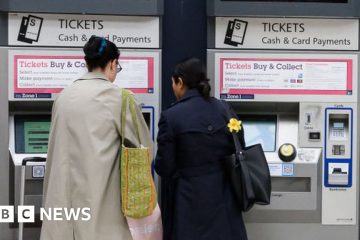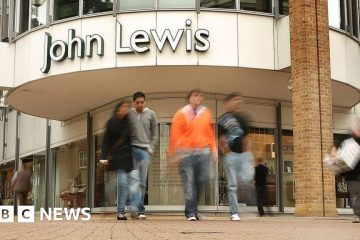
Hong Kong
CNN
—
Fast Retailing, the Japanese giant that owns popular clothing brands Uniqlo and Theory, will start paying its employees much more this year.
The company announced Wednesday that it would boost salaries in Japan by up to 40%, acknowledging that “remuneration levels have remained low” in the country in recent years.
“This will include employees from headquarters and corporate departments responsible for the functions of the company’s global headquarters, as well as employees working in stores,” the firm said in a statement.
The move comes just days after Japanese Prime Minister Fumio Kishida called on business leaders to accelerate raises for workers, warning that the economy risked falling into stagflation if wage rises continued to fall behind price increases.
Japan is grappling with the biggest drop in living standards in nearly a decade.
Last Friday, the world’s third largest economy reported its worst real-wage decline in more than eight years, exacerbating conditions for workers already contending with higher costs of living.
In the capital of Tokyo, core inflation, which measures items excluding fresh food, climbed 4% in December compared to a year ago, above the 3.8% expected by economists, according to official figures released Tuesday.
That was “the highest seen in 40 years,” analysts at Nomura said in a Wednesday report.
“Inflation in Japan is a factor in our considerations,” a Fast Retailing spokesperson told CNN on Wednesday.
But the company is generally more focused on aligning “each employee’s remuneration with global standards, to be able to increase our competitiveness,” the representative added.
The company will officially adjust its overall compensation system in March. Starting salaries for entry-level university graduates will jump by roughly 18%, while new store managers could see a hike of approximately 36%, according to the company.
The retailer has also been hiking pay for staff in some of its overseas markets, leading to pay bumps ranging from 5% to 25%, the spokesperson said.
Note:- (Not all news on the site expresses the point of view of the site, but we transmit this news automatically and translate it through programmatic technology on the site and not from a human editor. The content is auto-generated from a syndicated feed.))



